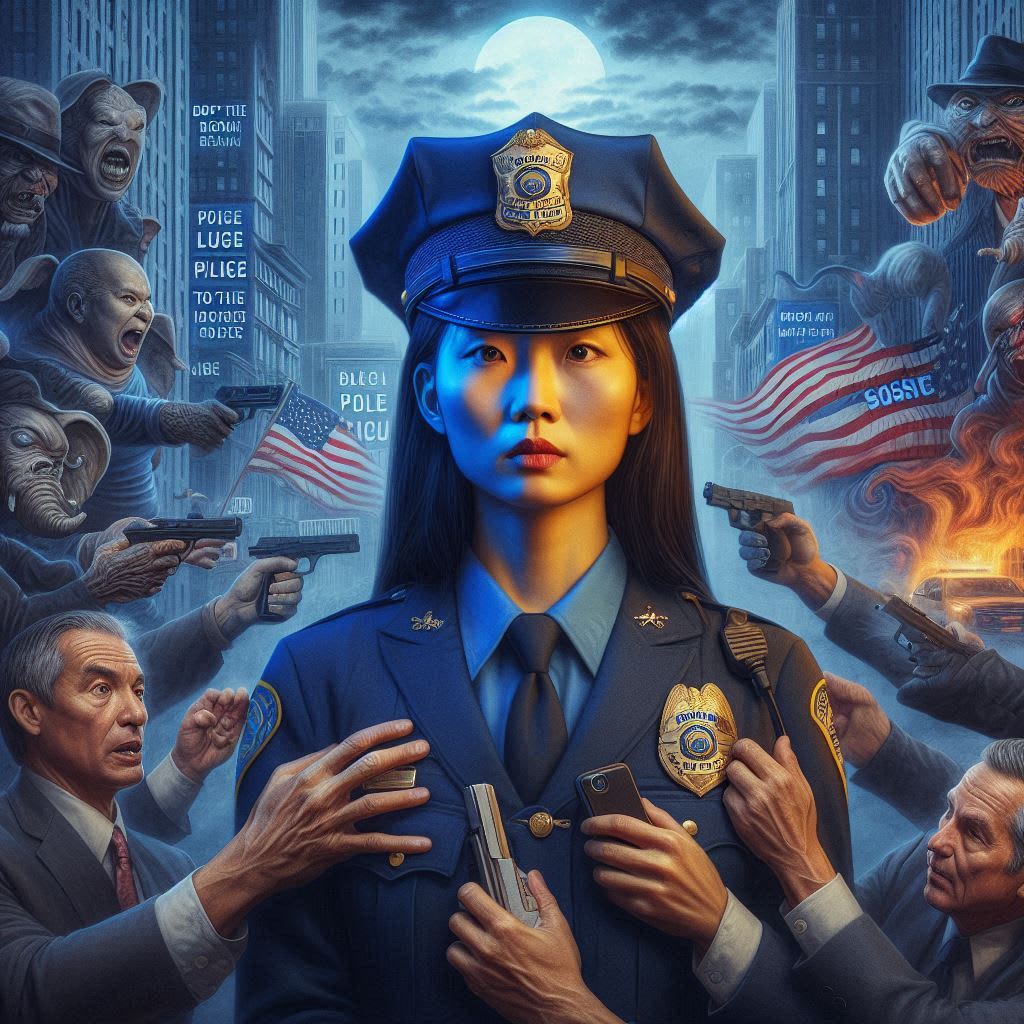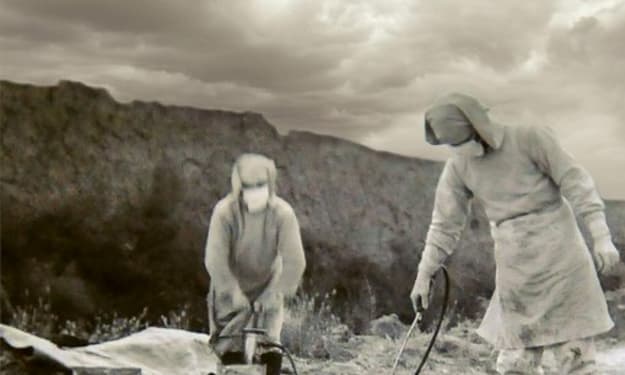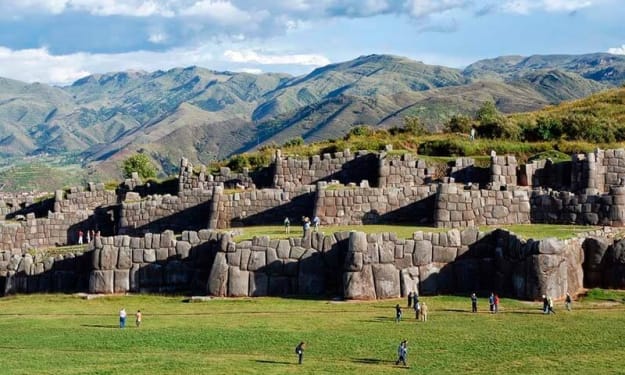The Law and Order Paradox: Republican Rhetoric vs. Capitol Police Sacrifice
How GOP Leaders' Support for Police Ends Where January 6th Begins

The storming of the U.S. Capitol on January 6, 2021, marked a dark chapter in American history, one that revealed profound contradictions within the Republican Party's stance on law and order. Republican leaders, who have long championed themselves as the party that supports the police, found their rhetoric starkly at odds with their actions and statements following the insurrection. This article delves into the complexities of this paradox, exploring the injuries and sacrifices of Capitol Police officers, the perpetuation of the "big lie," and the hypocrisy inherent in Republican leaders' responses to the events of that day.
On January 6, 2021, a violent mob, incited by false claims of a stolen election, stormed the U.S. Capitol in an attempt to disrupt the certification of the 2020 Presidential election results. The chaos resulted in the deaths of five individuals, including Capitol Police Officer Brian Sicknick, who succumbed to injuries sustained during the attack. In the ensuing mayhem, over 140 police officers were injured. Some officers were beaten with flagpoles, sprayed with chemical irritants, and crushed between doors as they valiantly tried to protect the Capitol and the lawmakers within.
Among those injured, Capitol Police officer Michael Fanone suffered a heart attack and traumatic brain injury after being dragged into the crowd, beaten, and tased. Officer Daniel Hodges was filmed being violently crushed in a doorway, his screams captured on camera as rioters continued their assault. These harrowing accounts are stark reminders of the dangers faced by law enforcement officers that day.
The attack on the Capitol was fueled by the "big lie" — the baseless claim that the 2020 Presidential election was rigged and stolen from Donald Trump. This false narrative was propagated by several prominent Republican leaders, including Trump himself, who repeatedly asserted, without evidence, that widespread voter fraud had occurred. Despite numerous court rulings, independent audits, and recounts that confirmed the integrity of the election, the "big lie" persisted, creating a dangerous environment of mistrust and anger among Trump supporters.
This relentless spread of misinformation culminated in the violent actions of January 6th, illustrating the severe consequences of undermining democratic processes and institutions. The perpetuation of this lie not only endangered the lives of Capitol Police officers but also threatened the very foundation of American democracy.
The Republican Party has long positioned itself as the defender of law and order, emphasizing support for law enforcement and the importance of maintaining public safety. Yet, in the aftermath of the Capitol insurrection, this stance appeared glaringly hypocritical. While many Republicans expressed outrage over the violence and professed support for the Capitol Police, their actions often told a different story.
Several Republican lawmakers downplayed the severity of the attack, with some even describing the rioters as "patriots" or suggesting that the event was a mere "tourist visit." Representative Andrew Clyde of Georgia famously stated that the insurrection resembled a "normal tourist visit," despite the overwhelming evidence of violence and chaos. Such statements not only trivialized the traumatic experiences of the officers involved but also perpetuated a dangerous narrative that undermined accountability for the attackers.
Moreover, when it came time to support measures to honor and assist the Capitol Police, many Republicans balked. In May 2021, a bill proposing to award Congressional Gold Medals to the officers who defended the Capitol passed the House with overwhelming support. However, 21 Republicans voted against it. These votes raised questions about the sincerity of the GOP's professed support for law enforcement.
In addition to downplaying the attack and failing to support the Capitol Police adequately, many Republican leaders opposed efforts to investigate the events of January 6th. The proposal to establish an independent commission to investigate the insurrection was met with significant resistance from GOP lawmakers. Despite bipartisan negotiations that addressed many of their concerns, Senate Republicans ultimately blocked the commission, citing fears of partisan bias and political repercussions.
This opposition stood in stark contrast to previous Republican support for independent investigations into other significant events, such as the 9/11 attacks and the Benghazi incident. The refusal to fully investigate the Capitol riot not only hindered efforts to understand and prevent such events in the future but also conveyed a troubling message to the public and to the law enforcement officers who risked their lives that day.
In the years following the January 6th insurrection, the struggle for accountability and adequate support for the Capitol Police continues. Despite initial resistance, the House of Representatives established a select committee to investigate the attack, which has since uncovered significant evidence about the events leading up to and during the riot. The committee's findings have underscored the importance of confronting the false narratives and holding those responsible accountable.
Meanwhile, Capitol Police officers who survived the attack continue to grapple with the physical and psychological aftermath. Some officers have retired due to their injuries, while others have spoken out about the lack of support and recognition they received from certain political leaders. Officer Harry Dunn, who faced racial slurs and violence during the riot, has been vocal about the need for truth and accountability, urging leaders to acknowledge the reality of what occurred.
The events of January 6, 2021, and the subsequent responses from Republican leaders have laid bare a stark paradox within the party's stance on law and order. While professing unwavering support for law enforcement, the actions and statements of many GOP lawmakers have often contradicted this commitment, particularly in the context of the Capitol insurrection.
As the nation continues to heal from the wounds of that day, it is crucial for political leaders to demonstrate consistency and integrity in their support for law enforcement. This means not only condemning violence against police officers but also rejecting false narratives that incite such violence and fully supporting efforts to investigate and hold accountable those responsible.
The sacrifices of the Capitol Police officers on January 6th should serve as a reminder of the true meaning of law and order — one that transcends political convenience and embraces a steadfast commitment to justice, truth, and the protection of democratic institutions.
About the Creator
Enjoyed the story? Support the Creator.
Subscribe for free to receive all their stories in your feed. You could also pledge your support or give them a one-off tip, letting them know you appreciate their work.






Comments
There are no comments for this story
Be the first to respond and start the conversation.